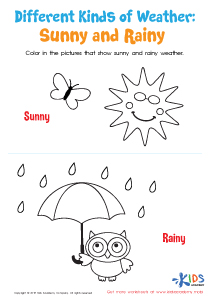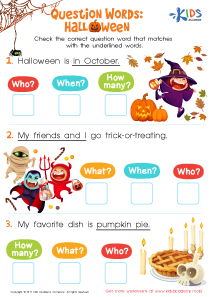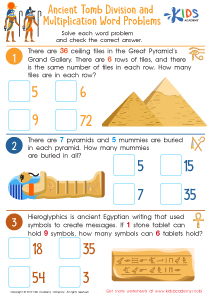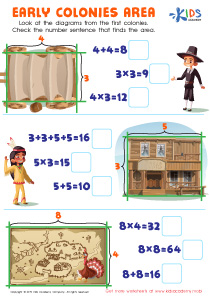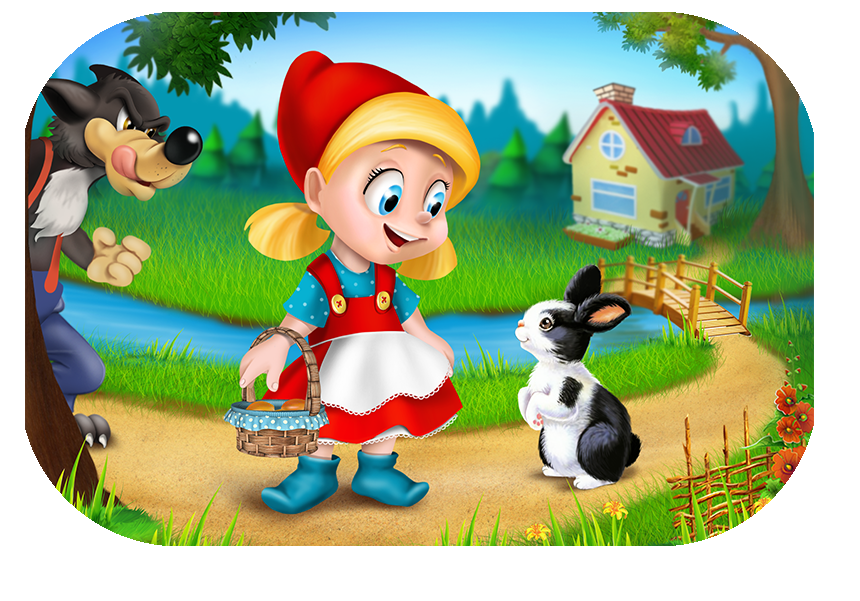Phonological Awareness Lessons - Early Literacy Skills
18 results
Our Phonological Awareness Lessons are designed for children in Preschool, Kindergarten, Grade 1, Grade 2, and Grade 3. These interactive lessons include worksheets, educational videos, and assessment quizzes that help children develop essential skills to become strong readers and writers. Our curriculum focuses on teaching children how to identify and manipulate sounds in words, including rhyming, syllables, beginning and ending sounds, and blending and segmenting sounds. Our lessons are engaging, fun, and incorporate a variety of learning styles to ensure that all children can succeed. By mastering these skills, children will have a strong foundation for reading, writing, and communication.
Phonological awareness lessons are an important part of a child's early learning experience. These lessons are specifically designed to help children enhance their understanding of the sounds that make up spoken language. Children in preschool, kindergarten, grade 1, grade 2, and grade 3 can benefit greatly from these lessons, as they are always taught new things in regards to language and communication.
The lessons usually consist of interactive worksheets and educational videos that engage children and encourage their participation. The interactive worksheets are designed to help children become more aware of the sounds that make up spoken language. They include exercises such as rhyming, identifying beginning, middle, and ending sounds in words, and sound blending. These exercises are crucial as they set the foundation for reading and writing skills.
Educational videos are another engaging tool used in phonological awareness lessons. These videos incorporate visual and auditory elements to help children absorb the concepts being taught. Videos can also provide real-life examples of the concepts being learned, making it easier for children to grasp the concept and apply it in their own speech.
Assessment quizzes are also a useful tool. These quizzes help teachers evaluate how well children have grasped the concepts taught in the lesson. They provide feedback to both teachers and students, which can help them make adjustments and improve their learning process.
Phonological awareness lessons are particularly helpful for children who struggle with reading and writing skills. These lessons can help children identify and differentiate between similar-sounding words, which can improve their reading comprehension. For instance, recognizing the difference between "cat" and "hat" helps in identifying two words that sound alike.
These lessons can also help children with spelling. Understanding the relationship between letters and sounds is critical to spelling success. Phonological awareness lessons teach children to identify similar sounds, which helps them to recognize patterns in words and spell more accurately.
Overall, phonological awareness lessons are an essential tool for children who are learning to read and write. They set a strong foundation for reading and spelling skills that will carry children through their academic journey. Children come out of the lessons with a greater understanding of language, which will help them communicate effectively. The interactive worksheets, educational videos, and assessment quizzes used in the lessons make it an engaging and effective learning experience.
In conclusion, phonological awareness lessons are highly beneficial to children in preschool, kindergarten, grade 1, grade 2, and grade 3.
